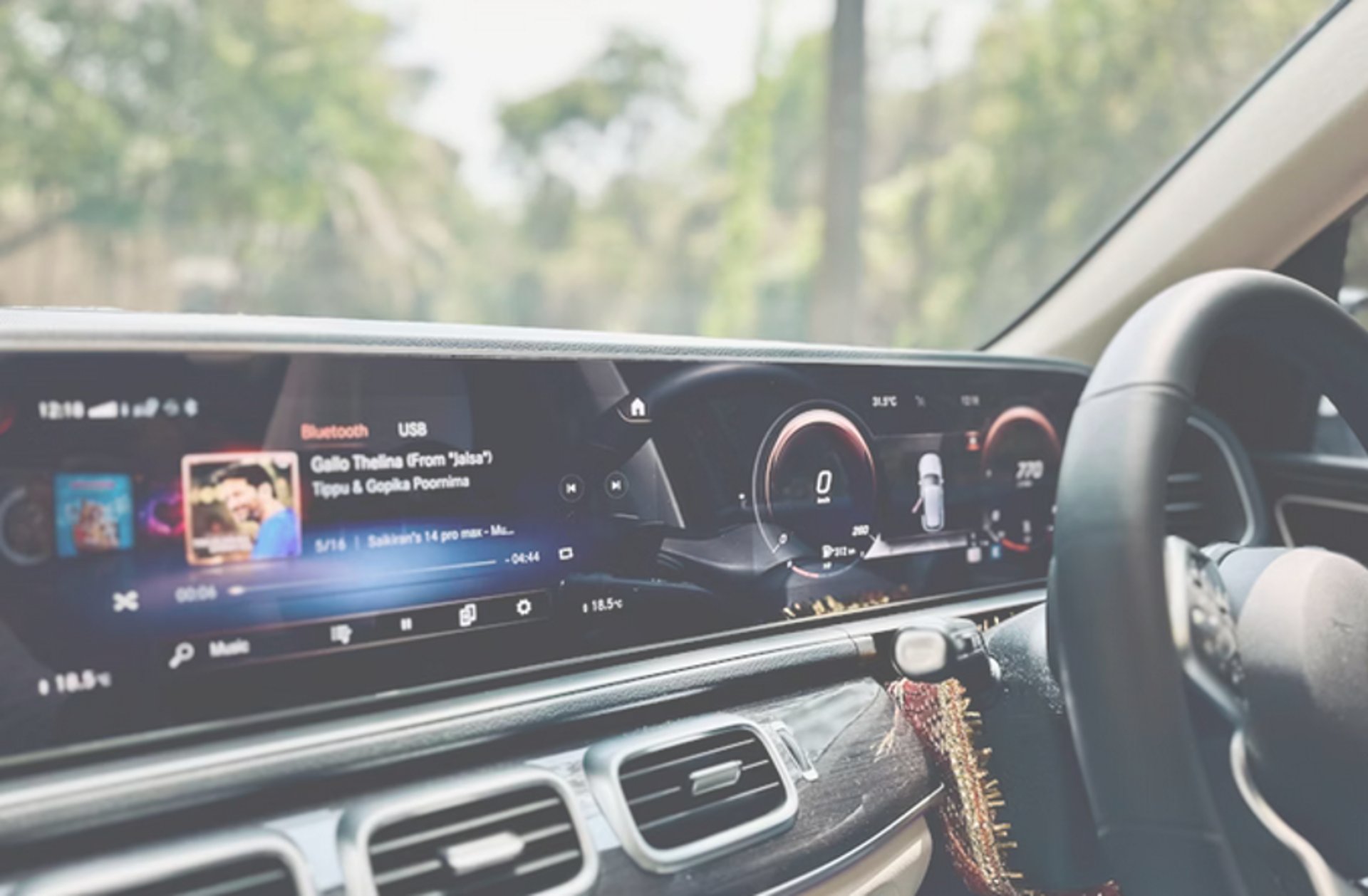
Automotive
Improvement with purpose
In the automotive industry, performance and aesthetics often go hand in hand. Components must withstand mechanical stress, friction, temperature shifts, and environmental exposure – all while meeting high standards for appearance, efficiency, and durability. Traditional surface coatings often degrade over time, lose functionality, or add weight and costs. Lightweight metals like aluminum are increasingly used but require optimized surface treatment to achieve long-term stability and corrosion resistance.
Our nanostructured surfaces offer a robust alternative to modifications like anodization or paint coatings. By modifying the surface layer directly, we enable precise control over friction, wear, reflectivity, and fluid behavior – all without adding foreign material. The result: functional, high-performance surfaces that meet the demands of next-generation mobility.
Wear resistance
Increases lifetime of moving parts under mechanical stress.
Controled friction
Anti-fingerprint
Enables fine-tuning of tribological properties for dynamic components.
Limits the negative optical effects of grease related with fingerprints, improving cleanliness and long-term optics.
Interior Trim & Air Vents
Design elements like air vents or decorative aluminum trim must not only be aesthetically pleasing, but also resistant to fingerprints, oxidation, and surface wear. A nanostructured surface can improve resistance to staining, create anti-fingerprint effects, and enhance tactile feel – all without additional coating layers.


Engine Components & Housings
In engine systems, components like valve covers, sensor housings or fluidic connectors made from aluminum must endure vibrations, temperature changes, and exposure to oil or condensation.
Nanostructured surfaces can especially reduce micro-pitting, improve corrosion resistance, and prevent material fatigue by increasing overall surface integrity.


Wheels & Rims
Aluminum wheels are subject to harsh environmental conditions and frequent cleaning cycles. Surface structuring can increase scratch resistance and minimize dirt adhesion, helping maintain the visual appeal of the rim while reducing cleaning effort and chemical exposure.


Looking to optimize the performance of your automotive components?
We support you in enhancing surface performance under real-world automotive conditions – from reduced friction and wear to better corrosion resistance and functional integration.


